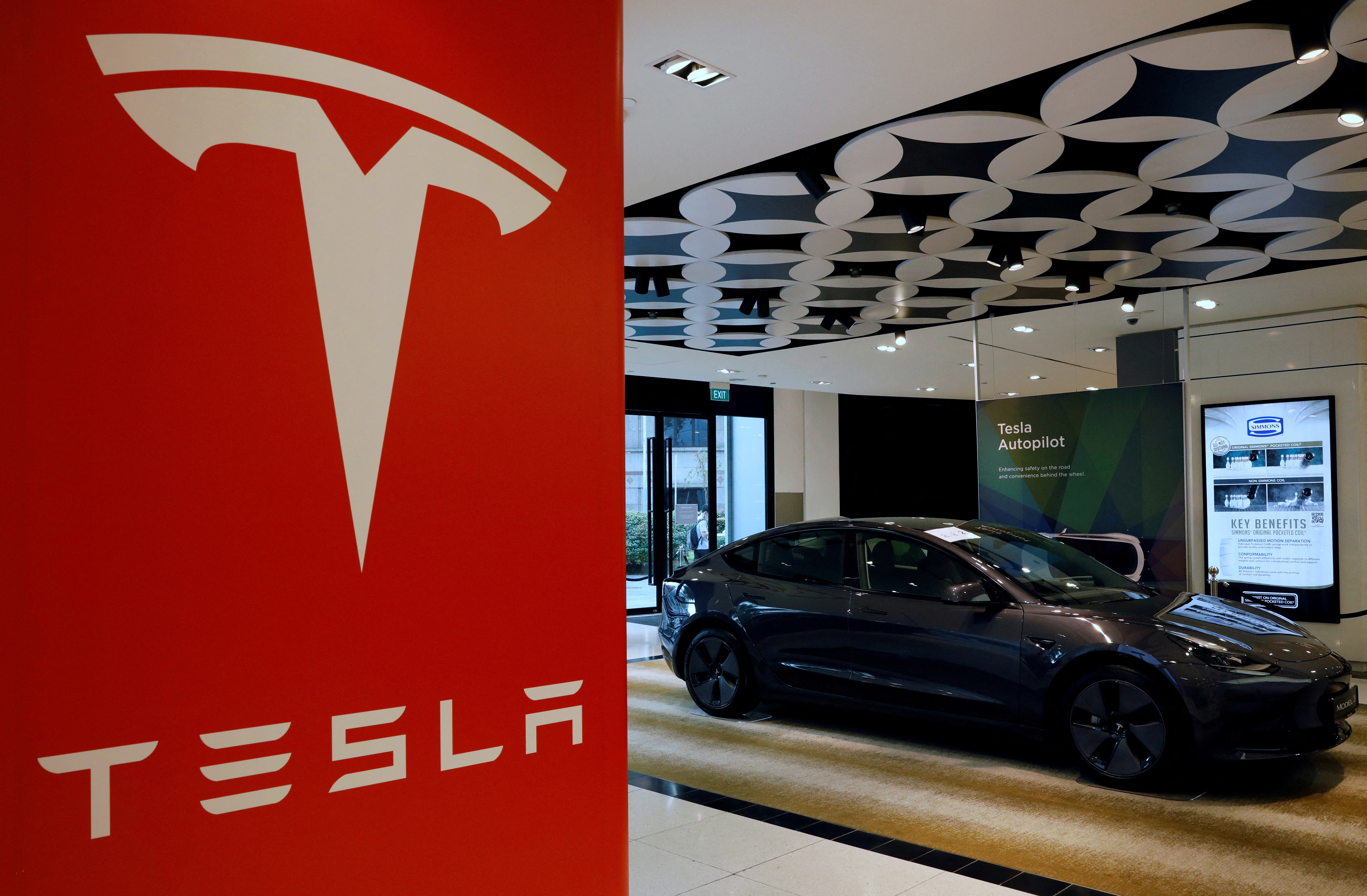Electric cars (EVs) are generating headlines with the increasing popularity of the Chevy Volt, Nissan Leaf and Tesla Roadster. In order to keep up with the increasing interest in electric cars, enterprising companies are investing in creating new EV infrastructure in the United States and in other nations such as China and France.
Coulomb Technologies, for instance, was founded in 2007 to present electric automobile infrastructure about the globe. The company’s charging stations are networked to permit drivers to very easily uncover facilities close to their location. Consumers can also send requests for new charging stations to be constructed-in their region at the company’s web site. The Coulomb charger was named a single of the 50 greatest new inventions by Time magazine in 2010 with the capability of handling batteries ranging from 120 Volt to 240 Volt AC and up to 500 Volt DC.
Blink, a subsidiary of renewable power firm ECOtality, is also at the forefront of the charge toward enhanced EV infrastructure. The enterprise delivers higher-tech options for battery charging stations like application that facilitates wise grid operation of recharging facilities. The proprietary computer software automatically integrates with energy providers to deliver the most expense-powerful battery charging solutions.
The Blink residential charging system gives a sensible, interactive interface that permits customers to save income via their network by very easily locating low utility prices.
A major commence-up in the electric auto facility sector is Vehicle Charging, Inc., which has been supported by government grants and incentives to support boost America’s charging station infrastructure. tesla-referral-code.com/ has been installing charging stations connected to the sensible grid at no price to the property or business enterprise owner.
Coulomb, Blink and Car Charging, Inc. are three examples of organizations that are top the way in building a seamless transition toward greater EV use by building and expanding charging facilities across the United States.
France and China also see the EV light
America is not the only nation embracing electric automobiles. France, for instance, committed in 2009 to investing 1.5 billion (about $two.2 billion) in EV charging facilities via 2015. New apartment blocks built-in France starting in 2012 will be needed to include an electric charging station. By 2015, new office parking lots ought to give their own charging facilities.
In China, future electric car sales are predicted to major those in the U.S., even though the latter is forecast to have greater sales of hybrid automobiles. Beijing plans on spending $14.7 billion by way of 2020 on developing new drive-train autos with most of the money allotted toward the manufacture of electric cars.
China is also spending at least $1.76 billion through 2012 directly on the improvement of more compact and efficient automobiles. The nation wants to decrease fuel emissions and to cut down its dependence on petroleum items. The government’s aim is to churn out another five million alternative-fuel automobiles by 2020.
According to the firm Pike Investigation, about 1 million EVs will be sold in China amongst 2010 and 2015 along with about 850,000 hybrids throughout the identical time frame. In the U.S., Pike estimates that 2.3 million hybrids will be sold over this period collectively with an further 840,000 electric and plug-in autos.
U.S. to assistance electric auto batteries
In the U.S., nine new electric vehicle battery factories are below building funded by grants from the federal government. Additional than $two.5 billion of Recovery Act revenue is supporting the expansion of American charging infrastructure. In 2009, the Department of Power granted $249 million to the organization A123 Systems to support the manufacturing of lithium-ion batteries in Michigan. The batteries may possibly be applied for electric automobiles created by Chrysler.

Investments reveal self-assurance in the electric car’s future
The fact that countries like the United States, China and France are investing billions in subsidizing the expansion of electric charging infrastructure delivers insight into the future of the business.
With rising calls for control of carbon emissions to address climate alter concerns, the demand for the electric auto is growing. Several nations with restricted oil sources are also seeking to cut down their dependence on fuel imports. The all-electric automobile is one of the prime options to this challenge as it requires no gasoline or diesel fuel.
Nonetheless, the move toward the electric auto can’t work with no readily out there charging stations. Governments know that in order to encourage customers to make the switch to electric autos they should make driving sensible in much more locations. Devoid of enough charging stations, drivers would be unable to use autos for lengthy journeys. Most EVs can’t run a lot more than 70 to 100 miles at a single time, so residence charging stations will only perform for those who use their vehicles only for quick commutes.
